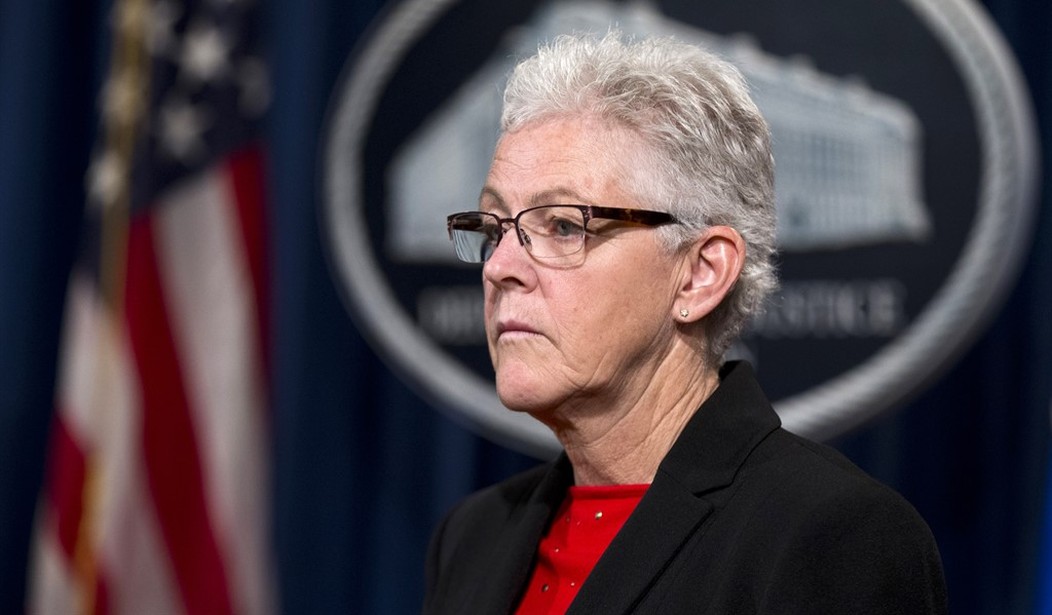A proposed new rule unveiled by the Obama administration would require by 2025 a 40 to 45 percent reduction from 2012 levels in methane emissions from new and modified oil and natural gas wells. Unlike methane regulations passed in 2012, the new rules would regulate methane emissions throughout the oil and gas industry, including production processing, transmission, and storage. The regulations would force a reduction in the amount of methane escaping into the atmosphere during hydraulic fracturing, also known as “fracking,” by requiring the use of equipment to capture these emissions from new oil and gas wells.
Much like the president’s other climate change initiatives, such as the Clean Power Plan, the proposed new regulations would impose more costs on energy consumers and producers without having any meaningful impact on the environment.
Methane is the primary component of natural gas. The Environmental Protection Agency (EPA) is seeking to regulate methane emissions because, according to the agency, methane is 25 times more potent as a greenhouse gas than carbon dioxide over a 100-year period.
Methane emissions from the oil and gas industry have been plummeting for years even without the proposed regulations. According to EPA, methane emissions from natural gas production have fallen by 38 percent since 2005, even though the United States dramatically increased natural gas production during that same period. Together, the oil and natural gas industries have combined to reduce methane emissions by 79 percent since 2005.
According to EPA, just 1.1 percent of methane is lost during the lifecycle of natural gas production. That estimate was validated by a recent study by researchers from several universities and the Environmental Defense Fund, who found methane emissions to be just 1.2 percent of total natural gas production in the Barnett Shale of Texas. At these emission levels, natural gas reduces total greenhouse gas emissions when substituted for burning coal.
Recommended
Anti-fracking activists have been quick to cite studies suggesting methane emissions from oil and natural gas sources are significantly higher than EPA estimates. Those studies, such as those conducted by Howarth et al., have used questionable methods soundly refuted by members of the scientific community.
Although EPA claims its proposed new rule would yield net climate benefits of $120 million to $150 million in 2025, the agency did not explain how it arrived at that conclusion. More interestingly, for all the fanfare surrounding the supposed climate benefits of the rule, EPA conveniently avoided saying how much potential warming it would prevent.
EPA used the same tactics last summer: While selling the costly Clean Power Plan to the public, the agency omitted calculations on how much warming would be averted by the regulations. As proposed then, the rule would have required power plants to reduce their carbon dioxide emissions by 30 percent of their 2005 base levels by the year 2030. Despite costing billions of dollars and raising energy costs, the regulations would have zero meaningful environmental benefits. EPA’s own climate models indicated the regulations would reduce potential future warming by only.018 degrees C by 2100, a number so small it is within the models’ margin of error. There is a good chance the methane emission rules are similarly meaningless, though expensive.
The Obama administration is determined to make it more expensive to use conventional energy sources such as coal, oil, and natural gas, to make energy sources such as wind and solar power more cost-competitive and bolster the president’s legacy. The president and his administration don’t seem to care that his legacy will come at the expense of the American people.

























Join the conversation as a VIP Member